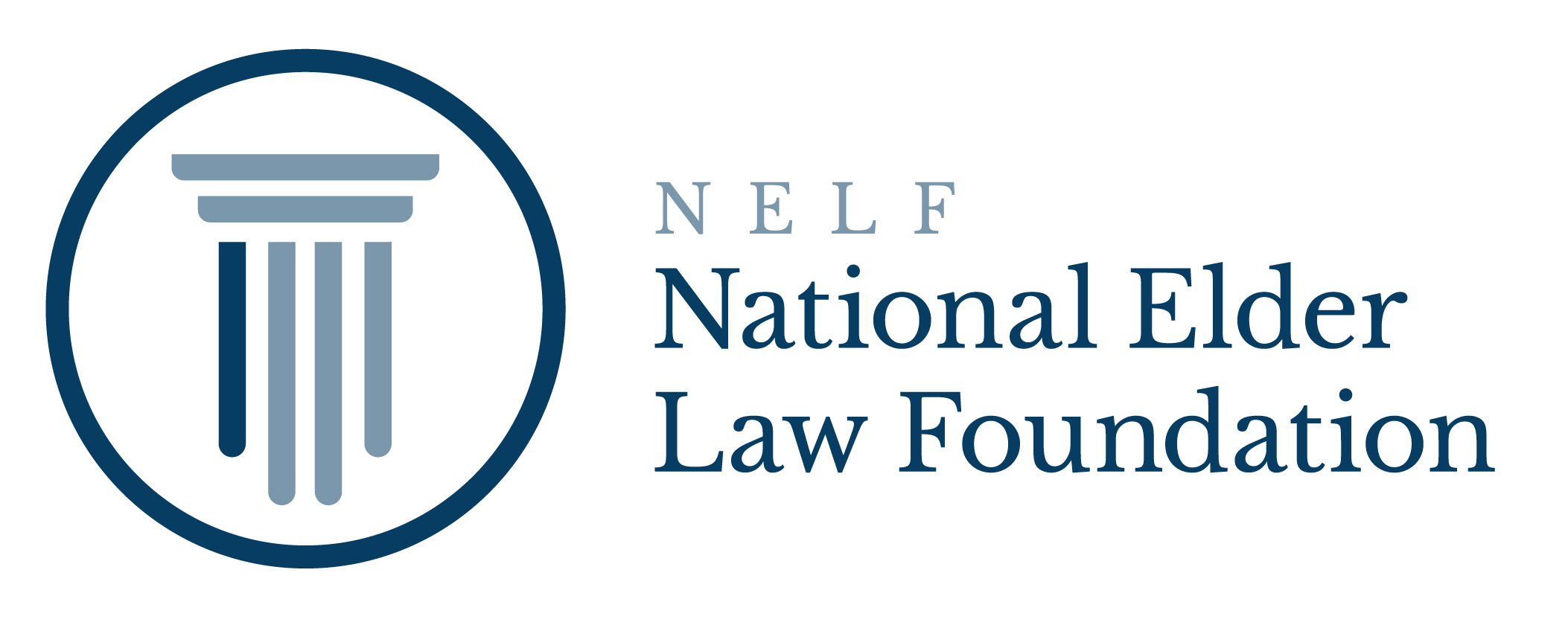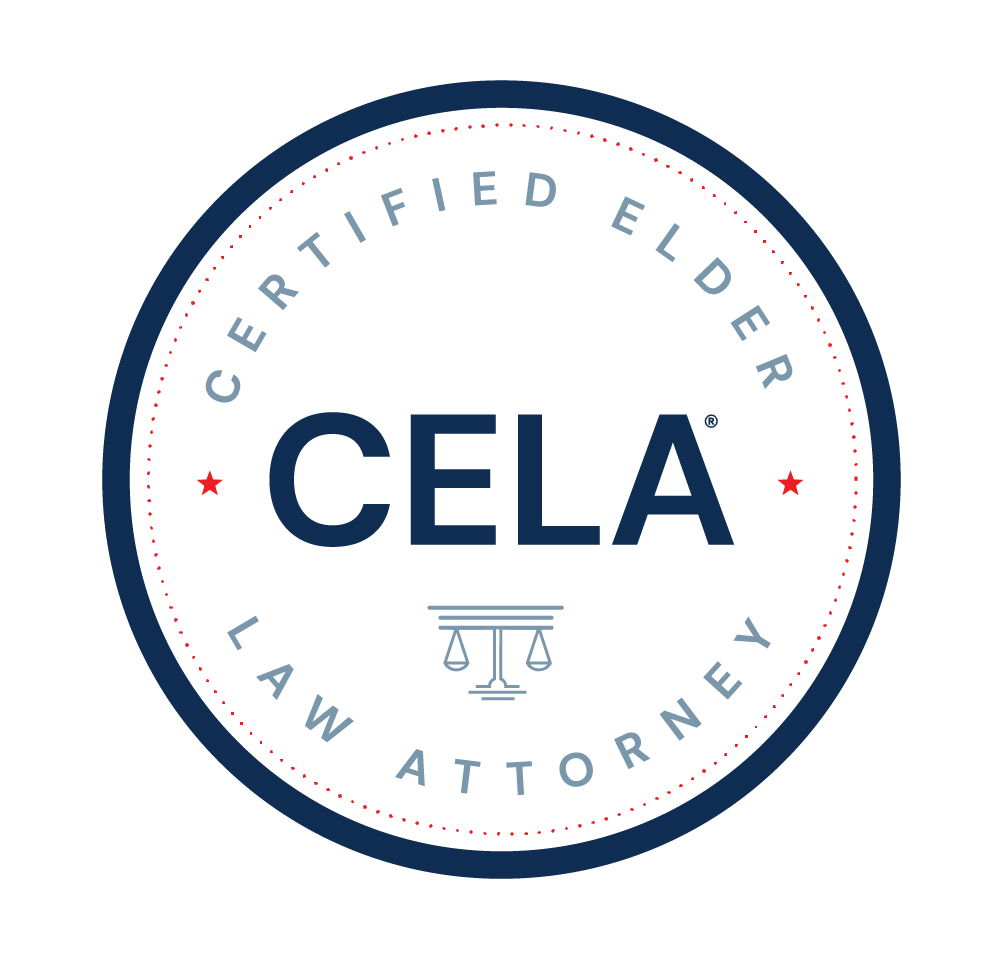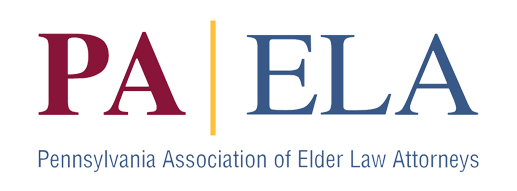How Can I Minimize The Taxes For My Estate?
The inheritance tax in Pennsylvania is not levied on the gross value of the testator’s estate. When preparing the tax return, the testator’s executor or administrator will be able to deduct any debts owed, funeral expenses, and any other costs involved in settling the estate. Another deduction that may be available is a family exemption in the amount of $3,500. In addition, certain kinds of property are entirely exempt from the tax.
For example, there is an exemption for property that is owned jointly by a husband and wife. Thus, if both spouses own all of their property jointly, after the death of the first spouse, the property will not be subject to inheritance tax. There is also an exemption for life insurance proceeds and benefits from several retirement plans.
Other Frequently Asked Questions
- Does Probate Administer All of The Decedent’s Property?
- How Can I Minimize The Taxes For My Estate?
- How Does A Living Trust Apply in Pennsylvania?
- How Does the Medicaid Look-Back Period Work?
- How Should I Plan For My Minor Children?
- Should You Discuss Your Estate Plans With Your Adult Children?
- What Are the Most Common Estate Planning Mistakes?
- What Is A Special Needs Trust?
- What Is A Spendthrift Trust?
- What Is A Will Contest?
- What Is Probate in Pennsylvania?
- What Is The Difference Between Medicare and Medicaid?
- What Is The Purpose of a Special Needs Trust?
- What Is The Simplified Probate Procedure For Small Estates in Pennsylvania?
- What Seniors Need to Know About Strategic Gifting
- What Taxes Will Apply to My Estate After My Death?









